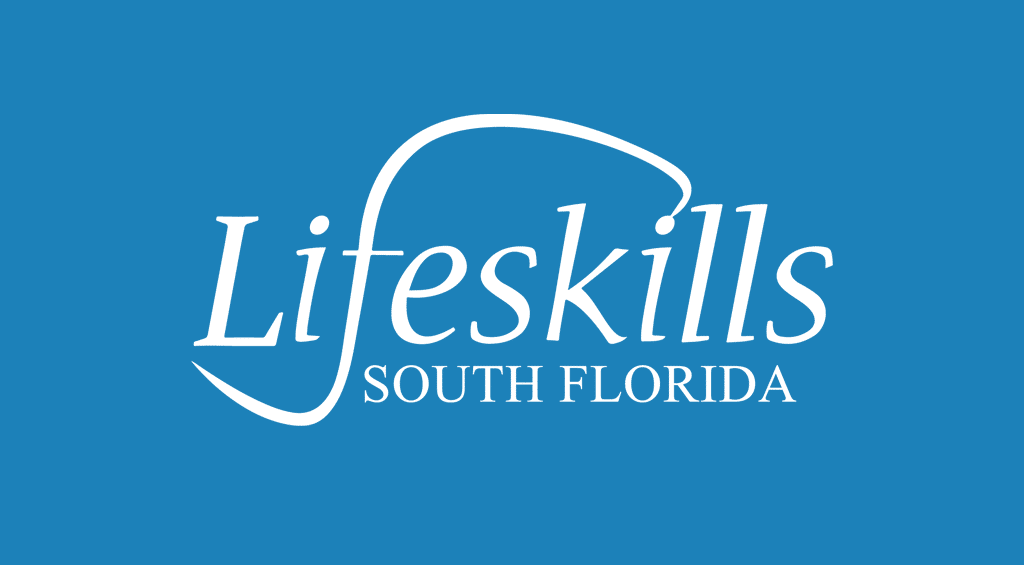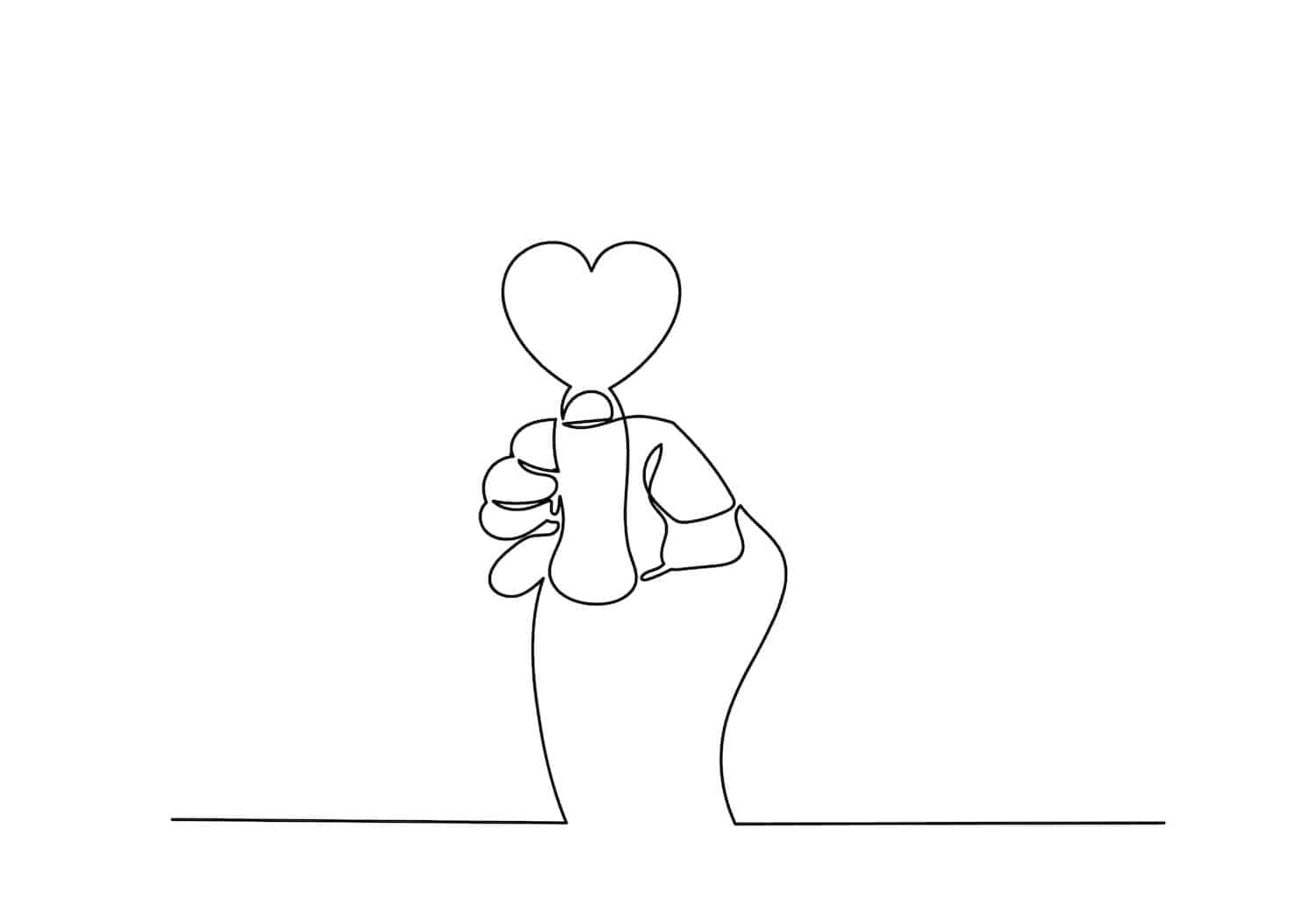
Many families are affected by a drug or alcohol addiction in some form; studies show that in the United States alone, addiction plagues more than 23 million people during any given year. Of those 23 million, only a fraction will seek treatment for their addiction and their reasons for not seeking treatment will vary.
Many avoid seeking help due to being enabled by co-dependent friends and family, who engage in excessive caretaking or “hand holding.” Codependency breeds from good intentions, often making circumstances around addiction worse. Those closest to someone with an addiction see the key to recovery as love and acceptance when instead it is a time for disapproval and tough love, but often fear they will damage their relationship.
Codependents also tend to become enablers by protecting their loved one from the many consequences of addiction. Common enabling behaviors include:
- Giving the addicted person money; those active in their addiction will often manipulate others for money to buy drugs and alcohol.
- Allowing someone with an addiction to live with you rent-free.
- Lying and covering actions to conceal their addiction from other people.
- Paying their fines or bailing them out of jail.
- Denying their addiction is a problem.
- Blaming their addiction on yourself or others.
- Prioritizing their personal needs ahead of your own.
Enabling the behaviors of someone that abuses drugs or alcohol shields them from reality, causing the addiction to worsen. Codependency and enabling behaviors are also sometimes present in family systems where a psychiatric disorder is a primary diagnosis.
Sara Acre, Lifeskills South Florida Director of Family Services, has found successful recovery rates occur when there is a support system investing in the recovery process. Investing in the process means that those around the addicted person are willing to change their behavior and thinking patterns that often fuel the addiction. As a friend or family member, there are several measures you can take.
- Confront the addicted person about enrolling in a residential drug treatment program. Recovering from addiction cannot happen through 12-step groups or outpatient treatment alone; the full continuum of care of addiction treatment must be completed for recovery to become a reality.
- Begin attending your local Al-Anon Family Group. Al-Anon is for family members of people that struggle with addiction. There, you’ll be able to connect with other members of your community going through the same circumstances. As a result, you’ll be able to make friends and get plenty of valuable insight for dealing with this tough and confusing time.
- If they refuse to acknowledge the need for professional addiction treatment, consider scheduling an intervention. Psychology Today is an excellent place to begin looking for an interventionist local to you. Interventions can be expensive and often seen as a last resort attempt to get someone into treatment. Interventionists are open to an initial consultation with families, providing them with quotes for their services, describing their model and the intervention process.
- Practice tough love and set healthy boundaries. Sometimes it takes the loss of friends and family, a job or a home before realizing help is needed; it is imperative that addicted individuals face the negative consequences of their actions. Setting healthy boundaries helps you give justified support, such as paying for treatment, or driving them to meetings.
Lifeskills South Florida is one of the premier dual diagnosis treatment centers in the Fort Lauderdale area. We employ highly specialized clinicians that will help equip you with the life skills needed to become more independent and prepare you and your family for life after recovery. Our therapeutic family program gives family members the care and education needed to support you after discharge. To learn more about enrolling at Lifeskills South Florida, please contact us.




